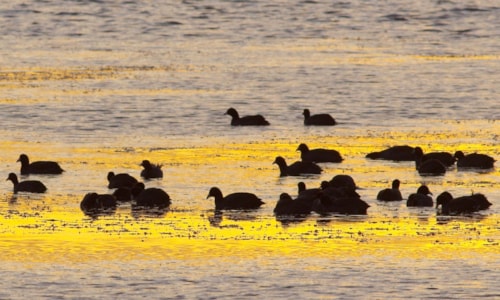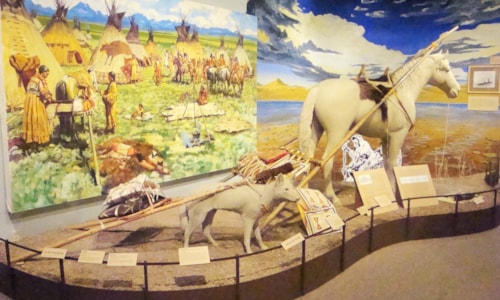The Old Man, Fly Fishing, and a Hat

When I grow up, I want to be Norman Maclean, author of A River Runs through It. Think about it, he spent a lifetime as one of the most acclaimed professors at the University of Chicago before retiring to the woods of Montana, where he spent his days writing, fishing, drinking bourbon, wearing an amazing hat and cussing tourists. That’s the dream. Oh, and he wrote some of the most evocatively beautiful descriptions of the west ever conceived by humankind.
By now, of course, writing about Maclean is about the least original thing a Montana blogger could possibly do, but I can’t very well help myself. No doubt every would-be hipster woodsman-philosopher in western Montana has a tattered copy from which they quote long passages whilst drinking fashionably cheap beer and sitting in fashionably sketchy bars. And yet, despite my instant distrust of anything hipster and fashionable, I was hooked (heh) the first time I read the novella.
In a later post, I’ll justify including River in a blog dedicated to Southwest Montana, and I don’t intend to bother with summary, synopsis, or even analysis of the book. What I really want to talk about is Norman Maclean. Before he was a writer, Maclean was a teacher, and one of the best. For forty years he taught English at the University of Chicago, one of the top humanities schools in the nation. Three times he won the Quantrell Award for Excellence in Undergraduate Teaching, an honor usually bestowed upon a teacher only once. Retired Supreme Court Justice John Paul Steven would occasionally tell students that the best way to prepare for a law degree was to take Shakespeare from Maclean. I have no idea what that means, but it sounds impressive. He wrote a few academic articles and worked on an unfinished history of the Battle of the Little Bighorn while teaching, but he didn’t publish his first book until 1976, three years after he retired at the age of 70.
In 1981, Pete Dexter, a reporter from South Philadelphia spent a few days in Maclean’s Seeley Lake cabin, writing a profile for Esquire. In the profile, Maclean emerged as a lovable, albeit curmudgeonly, old man. In the middle of work on his second masterpiece, Young Men and Fire, he would spend the morning meticulously writing and re-writing paragraphs, then take a bath in Seeley Lake. In the afternoon, he would fish, hike, drink bourbon from a mason jar, and cuss what he called “the marijuana set” in the public campground near his cabin. A friend once described him as “frequently profane, yet never vulgar.” Although he had the academic chops to rival any of his colleagues, he enjoyed his role as the rough-cut Montanan amongst Chicago’s urban intellectuals. He was a man who wrote a peer reviewed neo-Aristotelian analysis of King Lear and a story called “Logging, Pimping, and ‘Your Pal, Jim’.”

Maclean embodies a contradiction. Like many Montanans, he was skeptical of outsiders, yet for four decades his book (and Robert Redford’s 1990 movie adaptation) has done more for Montana tourism than any campaign we could conceive. I think that many Montanans, and especially writers, struggle with this contradiction. On the one hand, we take irrational pride in our heritage, see ourselves as an exceptional breed, set apart by the virtue of place. On the other hand, Montana really is pretty amazing. And we want to share our joy of the state with others. Like Maclean, most Montanans are a blend of poet and curmudgeon, struck by constant awe of the beauty of Montana.











